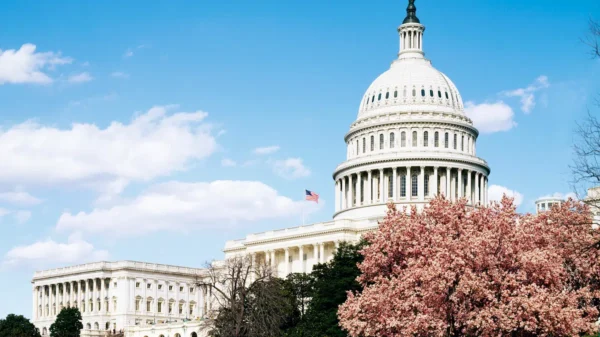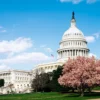Cryptocurrencies present too much risk for little payoff to be used in foreign reserve portfolios, according to the World Bank.
The global institution weighed in on the potential role of cryptocurrencies in a white paper on Friday, providing a cautious yet insightful take while illustrating both the opportunities and the challenges associated with this digital asset class.
Historically, foreign reserves have comprised assets like gold, U.S. dollars, and government bonds, providing stability and safeguarding economies against financial crises. The inclusion of cryptocurrencies in such portfolios signifies a shift in approach toward more diversified, technology-driven strategies. Cryptos bring several advantages to reserve portfolios, including decentralization, liquidity, and the potential for quick, low-cost transfers across borders. For nations with fragile financial systems or high inflation, digital assets may offer alternative protection against currency devaluation.
However, the paper doesn’t ignore the considerable risks posed by cryptos.
Price volatility, regulatory uncertainty, and technological vulnerabilities make them less stable compared to traditional assets. For central banks aiming for low-risk reserves, this volatility poses significant challenges. Stablecoins—cryptocurrencies pegged to fiat currencies—are highlighted as a more stable alternative, though they are not entirely immune to risks such as regulatory crackdowns or collateral management issues.
The paper also discusses how adoption of cryptos in reserves could affect monetary policy and financial stability. Central banks’ traditional tools, such as interest rates and money supply controls, could be less effective in a digital-asset-driven system. Additionally, fluctuations in crypto markets might influence national reserves in unpredictable ways, affecting currency stabilization efforts.
The World Bank’s analysis emphasizes the need for strategic consideration when adding cryptos to reserves. It suggests a phased approach, where central banks start with small allocations to limit exposure to risks.
Read more: Swarm Markets offers real world asset exposure via the Bitcoin blockchain
Read more: Regulatory scrutiny and inflation woes shrink cryptocurrency prices
World Bank acknowledges potential future role of cryptos
While the white paper doesn’t recommend widespread adoption of cryptos in foreign reserves at this stage, it acknowledges that the rapid evolution of digital finance could prompt central banks to re-evaluate their strategies. With continued innovations in blockchain technology and more stable crypto products emerging, the long-term role of digital assets in national reserves could expand significantly.
However, despite current reservations, the World Bank acknowledges that cryptocurrencies could play a future role in foreign reserve portfolios.
The growth of derivatives markets, the rising liquidity of major cryptocurrencies like Bitcoin and Ether, and the potential for “staking” and decentralized finance (DeFi) applications are developments that could gradually reduce some risks.
The paper recognizes the technological innovations that cryptocurrencies introduce, particularly blockchain’s potential to enhance transparency, improve efficiency, and reduce reliance on intermediaries. However, it stresses the experimental nature of these technologies and calls for the development of strong regulatory frameworks to ensure stability and security.
Posts on platforms like X reveal a clear interest and varied opinions regarding the World Bank’s position on cryptocurrencies. Many users express pushback against traditional finance, reflecting a growing tension between emerging crypto economies and established financial systems. This dynamic is particularly evident in the reactions to the IMF’s opposition to Bitcoin adoption in El Salvador, highlighting a broader geopolitical and economic tug-of-war over cryptocurrency’s role in national reserves.
At the same time, financial giants like Visa are beginning to acknowledge the potential of digital assets. Discussions around stablecoins suggest a gradual, though cautious, acceptance of these assets within the evolving financial framework.
.
joseph@mugglehead.com














